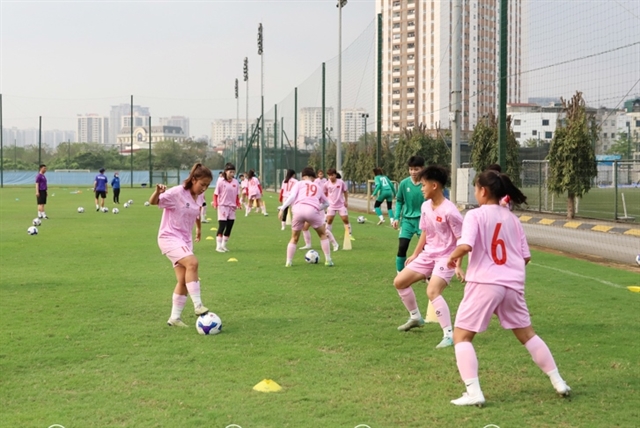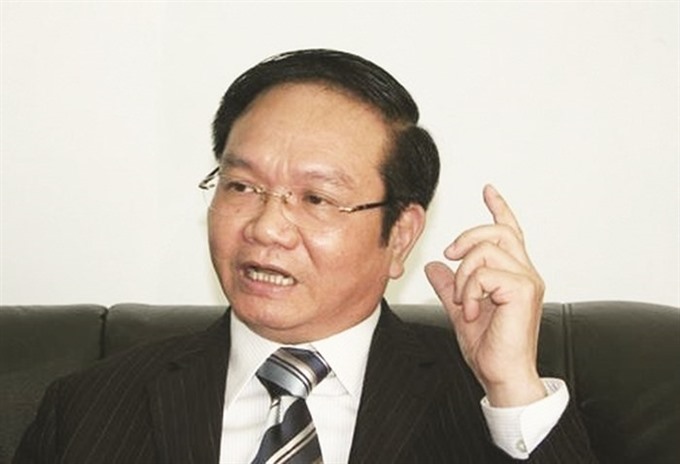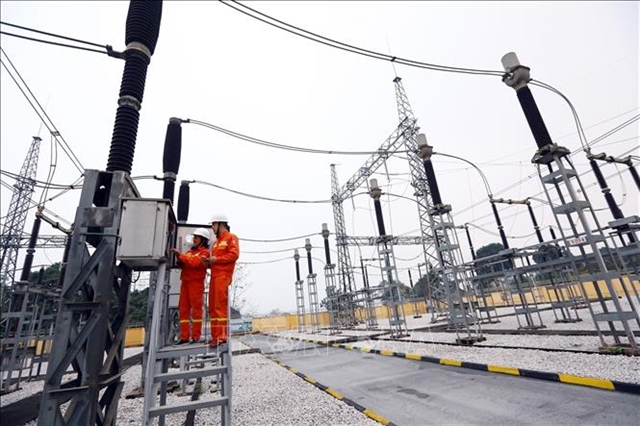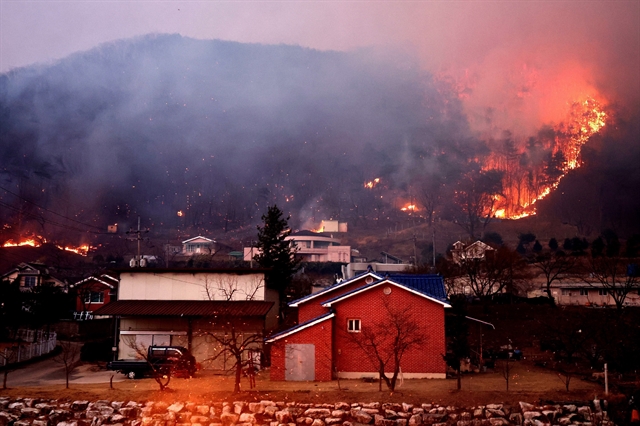 Opinion
Opinion

Nguyễn Ngọc Thành, Vice Chairman of the Việt Nam Real Estate Association, talks to Hải Quan (Customs) newspaper on how to solve disputes between apartment owners and the residents over the poor service of their flats
 |
| Nguyễn Ngọc Thành. — Photo baohaiquan.vn |
Nguyễn Ngọc Thành, Vice Chairman of the Việt Nam Real Estate Association, talks to the Hải Quan (Customs) newspaper about the best ways to solve disputes between apartment owners and residents over the poor service.
In your opinion what are the main reasons residents protest against the building owners?
Recent surveys of apartment buildings have revealed some serious problems including the fact that the actual areas of certain apartments are smaller than what has been stated and some of the building rules have failed to meet legal requirements, particularly fire requirements.
However, in my opinion there are three main reasons;
First, it is the conflict of interest between the building owner and the residents;
Second, it is the conflict between what is written in the buying and selling contract between the project owner and the buyers;
And finally, some building rules are totally correct, but during their implementation, certain problems arise from both sides – the project owner and the residents.
Residential buildings have been introduced in Việt Nam more recently. That’s why some of the management rules of those buildings have not been able to cover everything that may have emerged. That’s why in my opinion, it’s the duty of functional government agencies to make their management rule work in practice.
But what has happened more recently in some residential areas with apartment owners protesting, in my opinion, was not appropriate.
Such behaviour has violated law and order in public places. We’re now living in a society ruled by law, so if disputes occurred, we should resolve them in accordance with the law.
Many people have argued that both the project owners and the buyers should be blamed. How do you respond?
From the side of the residents, in my opinion, many of them have not carefully read what has been written in the contracts. For example, the contracts may include some future services, but the clients/buyers are not aware of it and simply sign the contracts. This is a very common problem in Việt Nam.
In my opinion problems that have arisen — either positively or negatively — affect the lives of the clients. The project owners should take that into consideration and analyse carefully in order to find out the most appropriate answers. This is a good way to avoid confrontation with their clients and to keep good law and order.
Relating to the apartment residents, I think as we live in a society ruled by law, they should uphold the law and follow all the required legal procedures in settling disputes, including taking the case to court.
Fire equipment in quite a few residential buildings in Việt Nam is either non functional or ill maintained, do you agree?
If the fire equipment in any residential area is non-functional or ill maintained, a wise building owner should have it repaired immediately. It’s the building owner’s responsibility to make sure the fire equipment is always in good working order.
It is regrettable that when the building was put into commission, the fire equipment was good. But in the process of running the building, most of the building owners have not paid due attention to maintaining the fire equipment.
Under our law, residents will only move into their flats when the fire equipment of the building is well functioning. But in real life, sometimes the rule is only written on paper.
The second point I want to mention is that in all tall buildings, the fire equipment is properly installed. But equipment has an expiry date. It is the responsibility of the building owner to replace the fire equipment when the old one is expired. But, in real life many building owners don’t want to spend their money on buying new equipment. What has happened recently has raised an alarm to concerned authorities on conducting frequent check on the fire equipment in tall buildings.
What’s the responsibility of project owners if disputes arise between them and building residents?
The project owners must uphold their responsibilities and commitments towards the residents.
To avoid conflicts, the project owners should honour their commitments and put the interest of their clients first. That’s the only way they can avoid conflicts with their clients or with the surrounding community. — VNS









